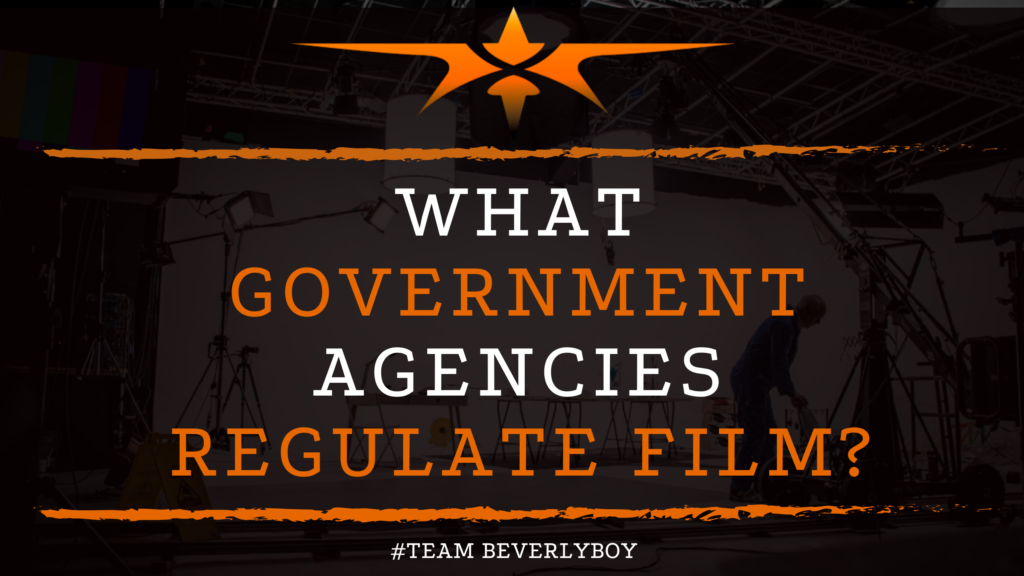What Government Agencies Regulate Film?
Filmmakers commonly believe they are free, by the terms of the First Amendment. All to do what they wish and to produce material of any sort. Much of this is partially true, as regulatory agencies aim at not suppressing creativity under the First Amendment. But there are some regulations to film. If you’re new to the film industry? You might be wondering what government agencies regulate film and how the regulation takes place.

This is a common question for new filmmakers. The Federal Communications Commission regulates films for television distribution. Additionally though, there are other government agencies apart of film business regulation too.
The Federal Communications Commission
The Federal Communications Commission regulates the film industry when it comes to any footage that will be distributed on television or cable. This means that any films which are broadcast on consumer televisions units are regulated by this government entity.
The role of the government in film regulation is commonly misunderstood. And for good cause! The Federal Communications Commission (FCC) actually works to stop monopolies from forming out of film companies and those in the entertainment industry.
They aim at allowing a level of freedom of expression and creativity. Under the First Amendment, there are actions taken to ensure film and video is safe. And that exposure to such does not risk those who are otherwise young, or unexpecting.
Regulations
There is a lot of commotion around government regulation and a desire for freedom in America. But you would be surprised at the actual level of FCC regulation taking place within the film industry.
This government agency is responsible for regulating film ratings. As well as the safety of information put out on films. Especially in regards to “family” movies and films.
The IRS
Individual film companies that own businesses in the film industry are regulation by Internal Revenue Service (IRS).
The IRS regulates taxes and tax credits that are afforded to filmmakers. In addition to those in the entertainment industry while also collecting taxes from business owners.
This regulation, of course, is different from the regulations provided by the FCC and other government entities.
The Motion Picture Association of America
Another entity that is responsible for regulation of the film industry is the Motion Picture Association of America (MPAA).
The MPAA regulates the type of content that is in films. They provide the ratings that we are all familiar with that range from G, to PG, to PG-13 to R and X.
The MPAA provides these ratings as part of a regulatory service. All to protect film watchers from potentially seeing films that would portray violence, sex, nudity or other details which may not be desired.
So, what government agencies regulate film? Several are responsible for film regulation including the MPAA which regulates ratings. The FCC which regulates film on television. And the IRS which regulates filmmakers as business owners.


